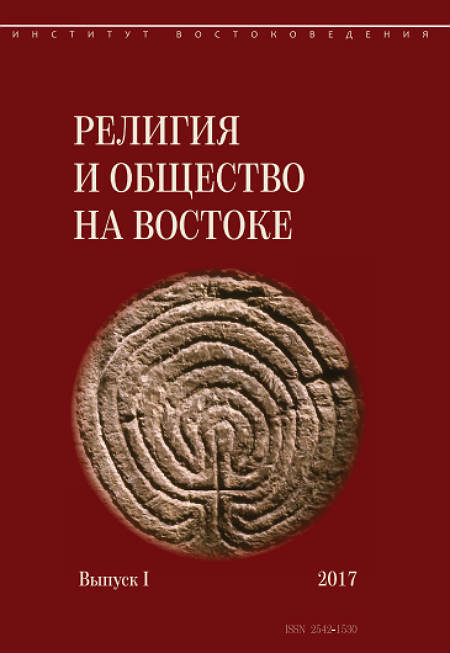Religion and Society in the East
The periodical of the Institute of Oriental Studies, Russian Academy of Sciences. ISSN 2542-1530
Issues
The Impact of Pilgrimage Trips on Iran’s Regional Policy and Its Relations with Renewed Iraq
Religiia i obshchestvo na Vostoke, Issue IV (2020), p. 184-229.
DOI: 10.31696/2542–1530–2020–4–184–229
In focus of the article is the effect of Iranian Shiite pilgrimage trips to Iraq on Iran’s regional politics, as well as on Iran’s relationship with a renewed Iraq. The author uses elements of a descriptive-analytical method, as well as a synthesis of the theory of Flemish leadership criteria, the theory of a functional imperative for Mitrani’s collaboration, and the constructivist theory of the impact of social norms on the political behavior of actors. The research hypothesis is that, due to the influence of Shiite identity on Iran’s policies by a significant part of the region’s population, pilgrimage trips created an imperative for cooperation between the two countries: strengthening Iran-Iraq relations, they will create the prerequisites for the implementation of the policy of Islamic unification in the Middle East based on the experience of deep interactions with Iraq. This experience indicates that the most important functions of pilgrimage trips for the regional policy of Iran and Iran-Iraq relations are as follows: creating a basis for Islamic convergence, rethinking the concept of “Islamic identity” and using the cosmopolitan function of spiritual travel, turning the borders of war into the borders of the world, and Iran’s failure from the revival of previous political differences and reliance on soft power politics in a renewed Iraq, the influence of pilgrim spirituality on the spread of the idea of non-violence and is tired the emergence of peace in the region, participation in the reconstruction of Iraq with an emphasis on the reconstruction of the tombs of Shiite imams in Baghdad, Najaf and Karbala. Iran's policy towards Iraq is formalized using constructivist analysis based on the priority of the rule over interests.
Keywords: pilgrimage, religious tourism, regional politics, political power, Iran, Iraq, Shiite culture
Volume: 184-229

